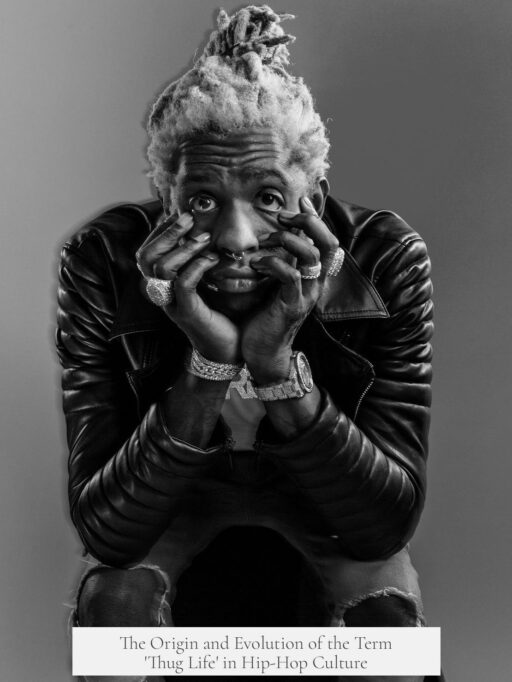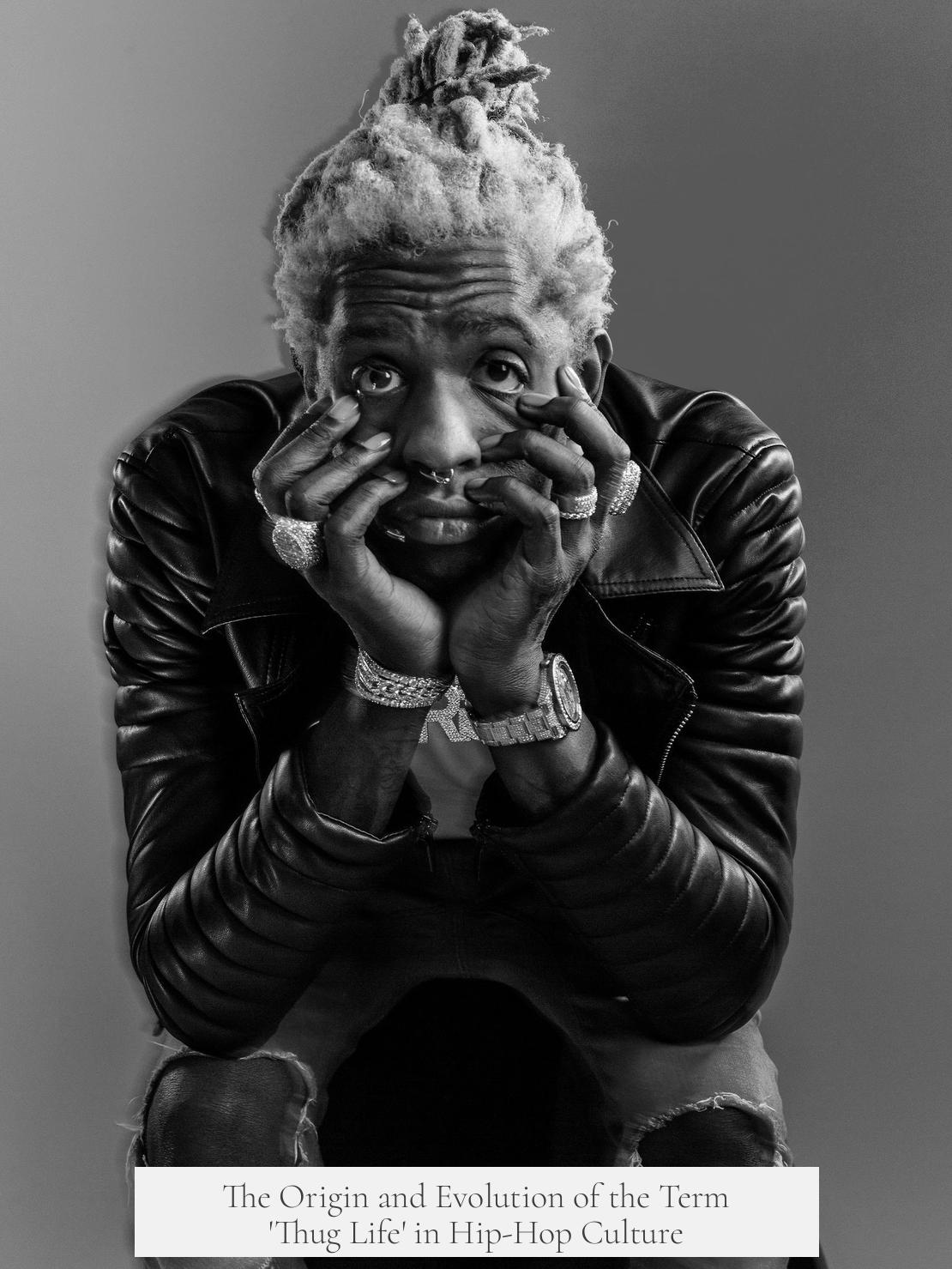The term “Thug Life” was popularized and defined by rapper Tupac Shakur, who used it to describe a personal philosophy and lifestyle that combined elements of the street experience and political activism.
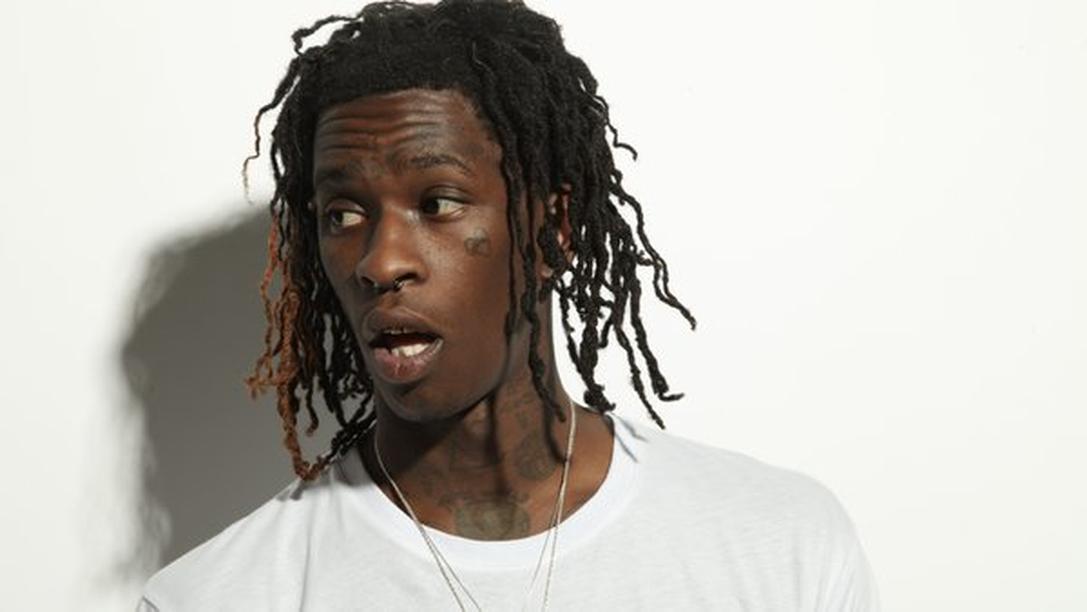
The word “thug” has older roots, originating from 19th-century British India. The “Thuggees” were a violent cult known for robbery and murder, later depicted in popular culture. By the 1930s, “thug” entered American slang, referring broadly to violent criminals.
In hip-hop, “thug” appeared as a slang term before Tupac, but he was the first to widely popularize “Thug Life.” In 1992, Tupac formed the group Thug Life, which released Thug Life: Volume 1 in 1994. This was central to bringing the term into mainstream gangsta rap culture.
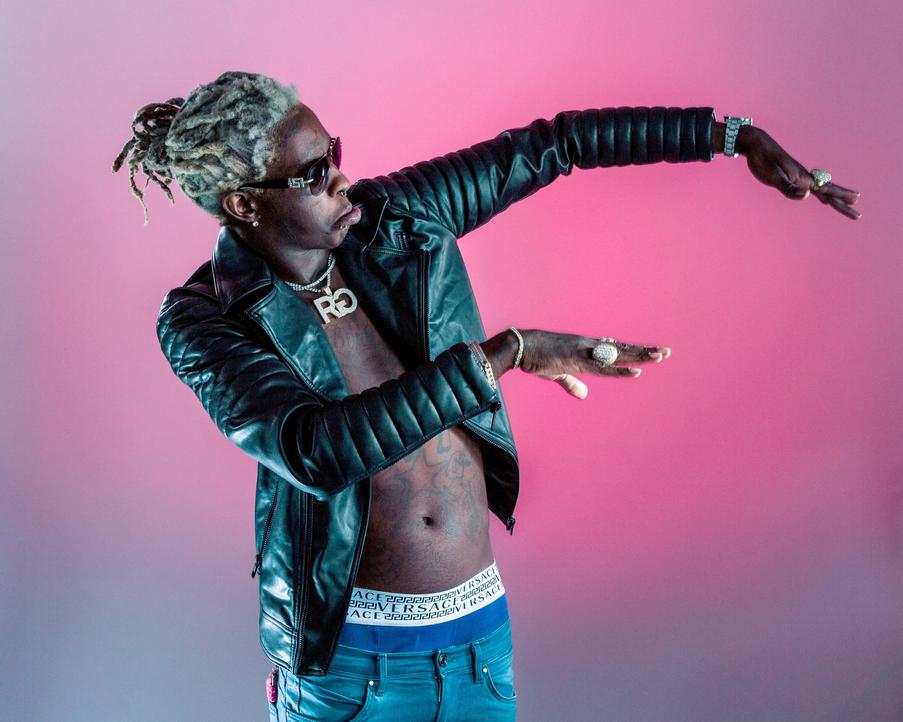
Tupac’s definition of “Thug Life” was complex. He described it as a blend of “half of the street element and half of the Panther element,” reflecting both survival in tough urban environments and a political stance favoring self-determination and self-defense. This philosophy appeared in interviews and personal writings, such as a 1995 handwritten letter from prison.
- “Thug Life” is not just about crime; it represents resilience, struggle, and a call for empowerment.
- Tupac positioned himself as a figure embodying this philosophy, mixing militant attitudes with a desire for social justice.
- The legacy of “Thug Life” impacts how successive generations in hip-hop view identity and resistance.
Tupac’s influence on the term remains dominant decades later. While “thug” as slang predates him, his integration of “Thug Life” into a recognizable cultural and philosophical framework set the standard. This cultural meaning continues to shape discussions around criminality, race, and identity in American music and society.

- “Thug Life” was popularized by Tupac Shakur in early 1990s gangsta rap.
- The term “thug” dates back to 19th-century India and 1930s America.
- Tupac’s philosophy combined street survival with political activism.
- Thug Life became a key part of Tupac’s image and legacy.
- The concept influences hip-hop and cultural discussions today.
Who Coined the Term ‘THug Life’ First and How It All Started?
The term ‘THug Life’ was popularized and given a distinct meaning by Tupac Shakur in the early 1990s, who shaped it into a philosophy reflecting the struggles and resilience of urban street life. But before Tupac put his stamp on it, the word ‘thug’ had a long and winding history spanning continents and centuries. Let’s dive into the backstory and see how ‘thug life’ evolved from a colonial-era term to a cultural icon.
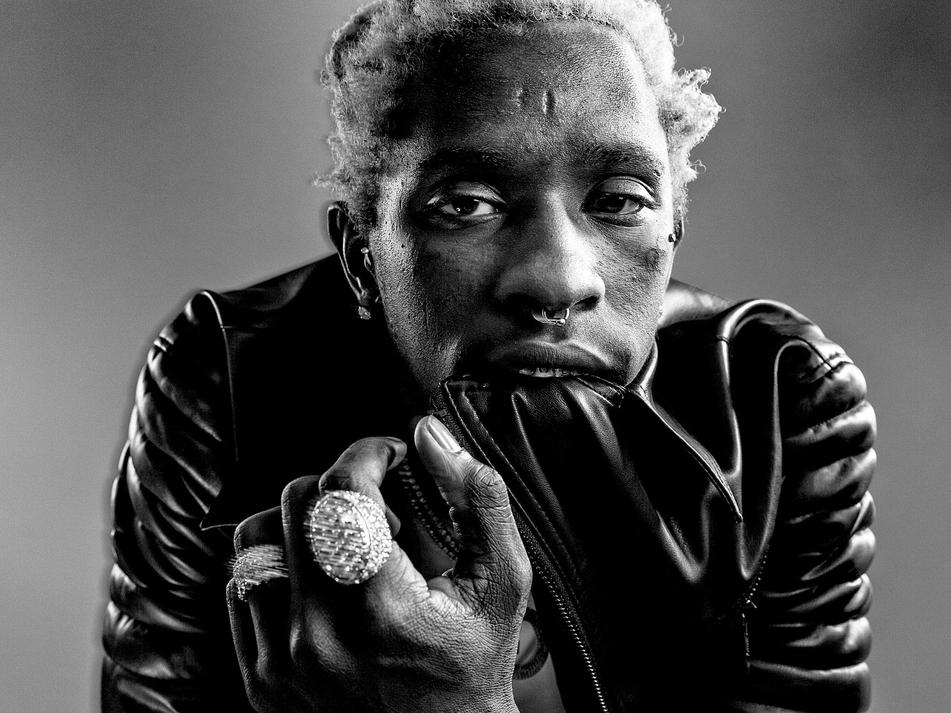
The Origins of “Thug” – A Colonial Tale
Believe it or not, the term “thug” originated far from American city streets. In early 19th century British India, there were groups known as the Thuggees. These were bands of robbers and assassins who roamed the countryside, notorious for strangling victims during robberies. The British colonial forces hunted them down to suppress their activities. Their dark reputation inspired books and even Hollywood movies like Indiana Jones and the Temple of Doom, where these deadly cult members captured the imagination of the Western world.

Fast forward to the 1930s in the United States: “thug” morphed into slang describing violent criminals. It became a catch-all word for anyone tough, dangerous, or involved in crime. This usage persists, especially in media portrayals, although often with a narrower, more judgmental lens.
When Hip-Hop Met the Word: The Birth of “Thug Life”
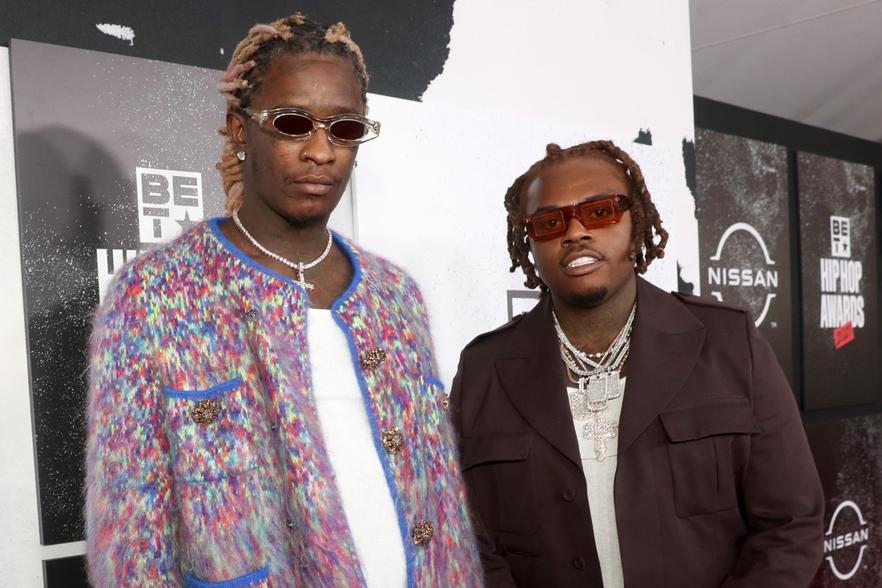
Enter the 1990s, a pivotal moment where hip-hop was becoming a dominant voice for marginalized communities. Here, “thug” surfaced again—but with a twist. Tupac Shakur took the term, embraced it, and reshaped it into a symbol of resilience rather than just violence or criminality.
Tupac didn’t just use “thug” casually. In 1992, he formed the hip-hop group Thug Life. The group’s album Thug Life: Volume 1 (1994) introduced listeners to a raw, honest perspective on the hardships faced by many African Americans living in tough neighborhoods. Tupac stylized “thug” not as a badge of shame but as a badge of survival.
The Philosophy of “Thug Life”—More Than Just Words
“I don’t consider myself to be straight militant. I’m a thug, and my definition of thug comes from half of the street element and half of the Panther element, half of the independence movement. Saying we want self-determination. We want to do it by self-defense and by any means necessary. That came from my family and that’s what thug life is. It’s a mixture.”
— Tupac Shakur, Entertainment Weekly Interview
This definition reveals how Tupac’s idea of “thug life” balances raw street realities with political consciousness and empowerment. It’s a philosophy of self-determination amid systemic oppression.
Even in a 1995 handwritten letter from prison, Tupac spelled out the term’s meaning, making it central to his image and legacy. He wasn’t glamorizing crime. Instead, he provided a code—something like a guidebook—to handle life’s tough breaks with resilience and respect.
Why Does “Thug Life” Matter Today?
Since Tupac’s passing, “Thug Life” has permeated pop culture, music, and social discussions. Many later rappers and artists reference or build on this idea when talking about street struggles and identity. The term’s evolution—from colonial-era criminal gangs, to American slang, to a Hip-Hop movement—shows just how language adapts to culture.
Still, the word can be polarizing. It evokes images of violence for some but empowerment and survival for others. Understanding its roots helps unpack these layers. Are we merely hearing media stereotypes when “thug” gets mentioned, or recognizing a broader social reality and history reflected in Tupac’s philosophy?
Practical Takeaways and How You Can Relate
- Next time you hear “Thug Life,” remember it’s more than street slang—it’s a complex symbol shaped by history, politics, and identity.
- Consider Tupac’s dual influence: embracing toughness but demanding self-respect and social justice.
- Use “thug life” thoughtfully, acknowledging its depth rather than defaulting to negative stereotypes.
Want to understand culture better? Dive into Tupac’s lyrics and interviews. Notice how he blends hardship with hope, anger with love. It’s a reminder that words carry power—power to harm, and power to uplift.
In Conclusion: From Thuggees to Tupac’s Legacy
The term “thug” traveled from 19th-century India to 20th-century America, morphing at every step. Tupac Shakur is the key figure who coined the modern phrase “Thug Life,” giving it new meaning rooted in resistance and self-determination. His work invites us to look deeper than surface labels.
So, rather than seeing “thug life” as a simple label of criminality, understanding its layered history helps us appreciate its cultural weight. It challenges us to think critically about identity, struggle, and the power of language.
What do you think? Has the phrase “Thug Life” changed your perspective on resilience or street culture? Or do you believe its meaning still divides opinion? Share your thoughts and keep the conversation going.
Read Tupac’s handwritten letter here for deeper insight.
